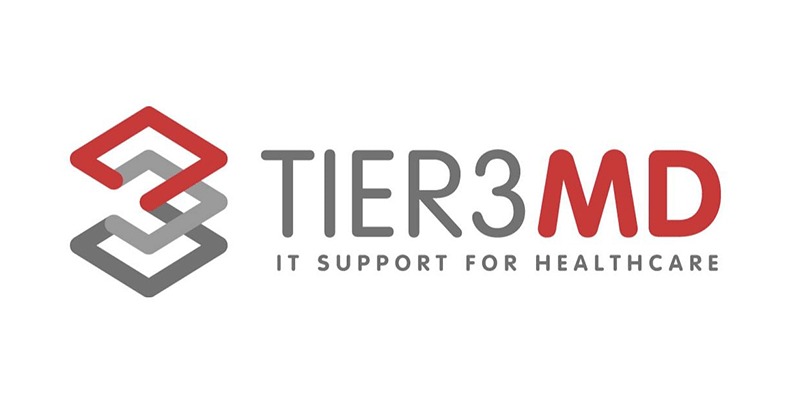How A Medical Managed Service Provider Can Change Your Practice Strategy
Every medical practice, small or large, has 3 basic levels of technology support needs.
1. Make sure it works – Every practice, from one Physician to forty, needs IT staff who are able to offer routine maintenance and support, including the updating of hardware and software, handling maintenance, and putting out daily fires.
2. Make sure it works when needed – Technology supports business activity 24/7. Even when everyone in a the practice has gone home, there are periodic non-negotiable staff needs at unpredictable times.
3. Make sure it helps make you more money – This top tier is the most important. This is the support that is helping you to proactively manipulate technology to see more patients, which will improve revenue.
When you only have a part-timer or one full-time IT person in-house, too much of this well-paid resource may be focused on putting out fires, doing routine maintenance, and handling software updates. Result?The IT staff member that best understands your business doesn’t have the time to help you devise forward-thinking applied technology to grow your business. This is a waste of resources. Instead, use their expertise to develop your business: use a Managed Service Provider to provide all of the below-ground support. Here are some areas where a managed service provider can be your best business ally.
Specialized areas of support
1) A Medical Managed Service Provider will often specialize in all medical specialties and have deep knowledge of the your electronic medical records and the flow of your medical practice. They will assist you with compliance and HIPAA regulations.
2)Help desk support – For all of the various questions, problems, hardware and software crises that can happen anywhere, at any time, a 24/7 helpdesk means your IT staff isn’t distracted by smaller problems, and dragged out of bed by a routine client issue at 2am.
3)Security and data protection – With the increasing news about hacking and data theft, it is apparent that everyone will be compromised at some point or another. This is an area where you can benefit from the deep specialized knowledge of an expert. Because it seems new malware and hacking tools are invented on an hourly basis, a Managed Service Provider can provide the support you need to protect your patient data.
4) Disaster planning and recovery – Smaller practices are the most vulnerable financially to the revenue damage that comes from downtime. However, they have the least resources to focus on this vague and seemingly improbable threat. A Managed Service Provider can provide consulting resources to plan what needs to be done to minimize the effects of a disaster, and put into place procedures to ensure a speedy return to business-as-usual if something does go wrong.
5) Software updates – Software updates are a necessity, but can potentially create headaches for every user. Instead of distracting your in-house IT staff with this routine and time-devouring procedure, use the resources of a Managed Service Provider on a scheduled or as-needed basis to handle all of this in the background.
6) Avoid expensive emergency upcharges and exorbitant one-off fees. Managed Service Providers can offer you a service plan that provides on-going levels of support and includes priority attention in the event of an emergency, so you avoid becoming just another client in the queue.
To summarize, the Managed Service Provider model offers more than IT support. The Managed Service Provider model provides a different business model for the role of IT as an integral part of your entire long-term development strategy. Technology is more than just a low-level distraction that takes you away from the core issues of your mission as a business. Technology, when managed right, is a key driver of that mission.


